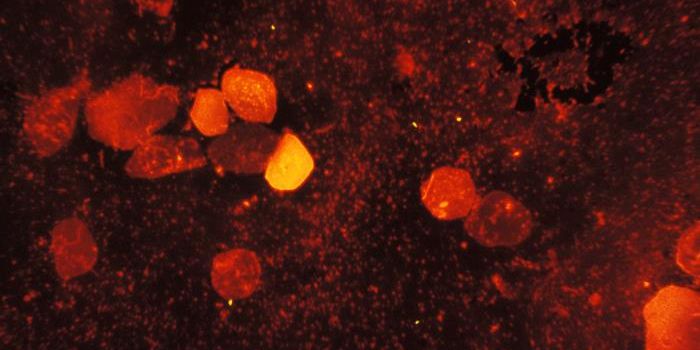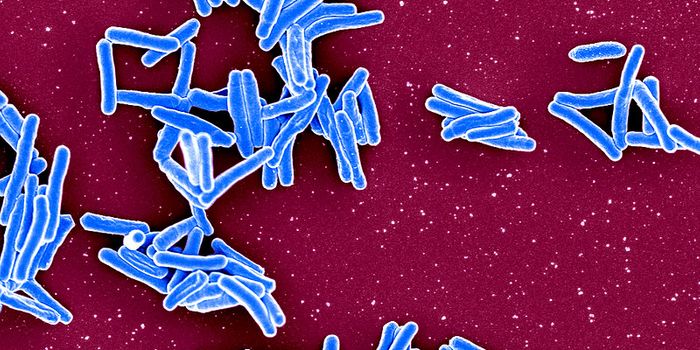Predicting the Success of Bladder Cancer Treatment
Globally, bladder cancer is the ninth most commonly diagnosed cancer and is the 13th leading cause of cancer-related deaths. Bladder cancer is often diagnosed early, and patients can be left managing this condition for many years. Bladder cancer is one of the most expensive cancers to treat, which is often related to the need for return hospital visits for treatments that can be invasive. While more recent therapeutics known as immune checkpoint inhibitors (ICIs) and the fibroblast growth factor receptor tyrosine kinase inhibitor (FGFR-TKI) erdafitinib have been developed and are replacing standard medications, they don't work for every patient, and treatment remains a challenge.
New research has assessed a potential method for predicting patient responses to ICIs. This technology, which uses urine samples, can identify patients who would benefit from ICIs, and direct the application of these therapeutics to the right people. The findings have been reported in Genes & Diseases.
Previous studies have suggested that higher levels of PD-L1 on the surface of bladder cancer cells are linked to longer remission periods and better survival rates. Previous work has also indicated that the growth and progression of tumors could be related to insensitivity to IFN-γ.
In this work, the researchers analyzed the levels of a biomarker called PD-L1 in urine and tumor samples obtained from 43 bladder cancer patients. Levels of PD-L1 were found to vary significantly in bladder cancer cells, even in the same patient, both before and after the expression of IFN-γ was artificially stimulated. The sensitivity of bladder cancer cells to IFN-γ also varied. PD-L1 activity after IFN-γ treatment was the opposite of baseline PD-L1 levels; they were negatively correlated.
The researchers found that in bladder cancer cells with high PD-L1 expression, pathways related to the extracellular matrix were more active, and were more responsive to immune activity, which could indicate better outcomes for patients.
The study suggested that PD-L1 is useful as a biomarker that can direct bladder cancer treatment strategies for individual patients.
PD-L1 expression that is stimulated by IFN-γ could be an indicator of vulnerability to the immune system, and ICI-induced immune activation can increase the levels of that IFN-γ-stimulated activity, boosting ICI response, and creating a virtuous cycle.
Sources: Medical Express, Genes & Disease









